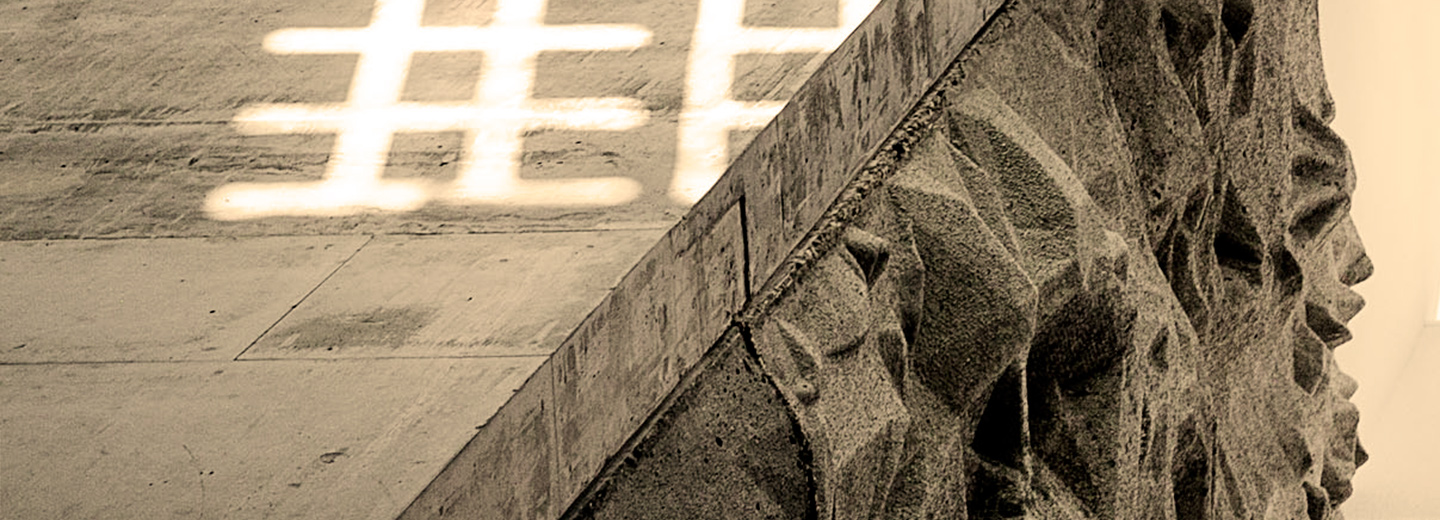
Obituary: Professor Annemarie Surlykke
We were deeply grieved to learn that our good colleague and friend Annemarie Surlykke passed away on 28 July 2015.
Professor Annemarie Surlykke was born on 21 October 1955 and finished high school at Sct. Knuds Gymnasium in Odense in 1974. She finished her MSc degree from SDU in 1982, became associate professor at the Department of Biology in 1987 and full professor in 2011.
Annemarie was passionate about her research, which had high-profiled support from the EU, Human Frontiers and the Natural Science division of the Danish Council for Independent Research (FNU), where she served as a highly esteemed council member for six years. Her main research interest was neuroethology, the study of the neural basis of behavior and likely the most important research strategy for understanding the functions of the brain.
Annemarie and her colleagues used the interplay between bats and their prey (moths) to obtain new insights into this evolutionary ‘arms race’. Bats orient themselves by emitting intense, ultrasonic calls and listen for echos from surroundings and from the prey. Conversely, moths have through evolution obtained ears that are sensitive for the bat calls and can respond with several types of evasive behaviors. Annemarie and her colleagues revealed some of the evasive behaviors of moths to bat echolocation calls. Annemarie’s research also showed that the bat echolocation system provides the bat with a sophisticated acoustic imaging system that is comparable to visual imaging of other mammals.
Lee Miller, visiting researcher at the Department of Biology, comments:
"Annemarie was my first project and master student and probably the best I ever had. Her very first project was to investigate the neurophysiology of giant axons of the lugworm in an anoxic environment (where neurons in almost all other organisms would be non-functional). Annemarie diligently and successfully undertook this project, resulting in her first published paper (Surlykke, A. (1983). "Effect of anoxia on the nervous system of a facultative anaerobic invertebrate, Arenicola marina " Marine Biology Letters 4: 117-126). This study was cited (with a figure) in a review in Science in 1986. What a flying start for a budding researcher! Already before finishing her MSc degree Annemarie had rejected a job offer from the big Danish pharmaceutical company, Novo Nordisk. She wondered why they had offered her a job since she was a neurobiologist without ny thorough base in biochemistry or molecular biology. She was told that she had showed extraordinary skills and abilities in doing research and publishing the results. Her master thesis resulted in two published and much-cited papers. Thus began Annemarie’s long and excellent career as a scientist. It is so sad that her excellent career should be terminated prematurely by her sudden death."
A substantial part of Annemaries research was field work in Taiwan, Panama and Belize and elsewhere. She was a front runner in constructing measurement setups so a bat’s position could be determined with great accuracy and its sound emission characterized in detail. This led to groundbreaking investigations of sound level and sound emission pattern in bat calls. One paper to mention here deals with extremely high sound levels in bat calls (PLOS One 3, 2008), another is a recent paper in Nature (493, 2013) showing that different species of bats, irrespectively of size, have almost the same emission pattern and sound volume, i.e. a similar acoustical ‘field of view’, most likely reflecting similar optimization processes.
Investigations like these raised interesting questions about central sensory processing and auditory imaging in bats. Annemarie’s research received wide acclaim. She was a Fellow of the Acoustical Society of America, a member of the Wissenschaftskolleg zu Berlin, and she received a research prize from the Danish Academic Society in 2013.
Annemarie was an excellent and popular lecturer. Both at normal university classes and public lectures, her great interest and passion for research would engage the audiences. Her second great interest was horseback riding, and she would refresh her mind by riding in the forests near her home. She was also very interested and perceptive in the arts – film, literature and art.
Regretfully, the career of a brilliant researcher has been terminated all too soon. We will all sorely miss our dear friend and colleague, whose sharp intellect, helpfulness, warm heart and hospitality has benefited us all. Her door was always open, for colleagues as well as for students.
We offer our deepest condolences to Annemaries son, Søren, her husband, Per, and the rest of her family.
Jakob Christensen Dalsgaard, Ole Næsbye Larsen, Axel Michelsen and Lee Miller
Department of Biology